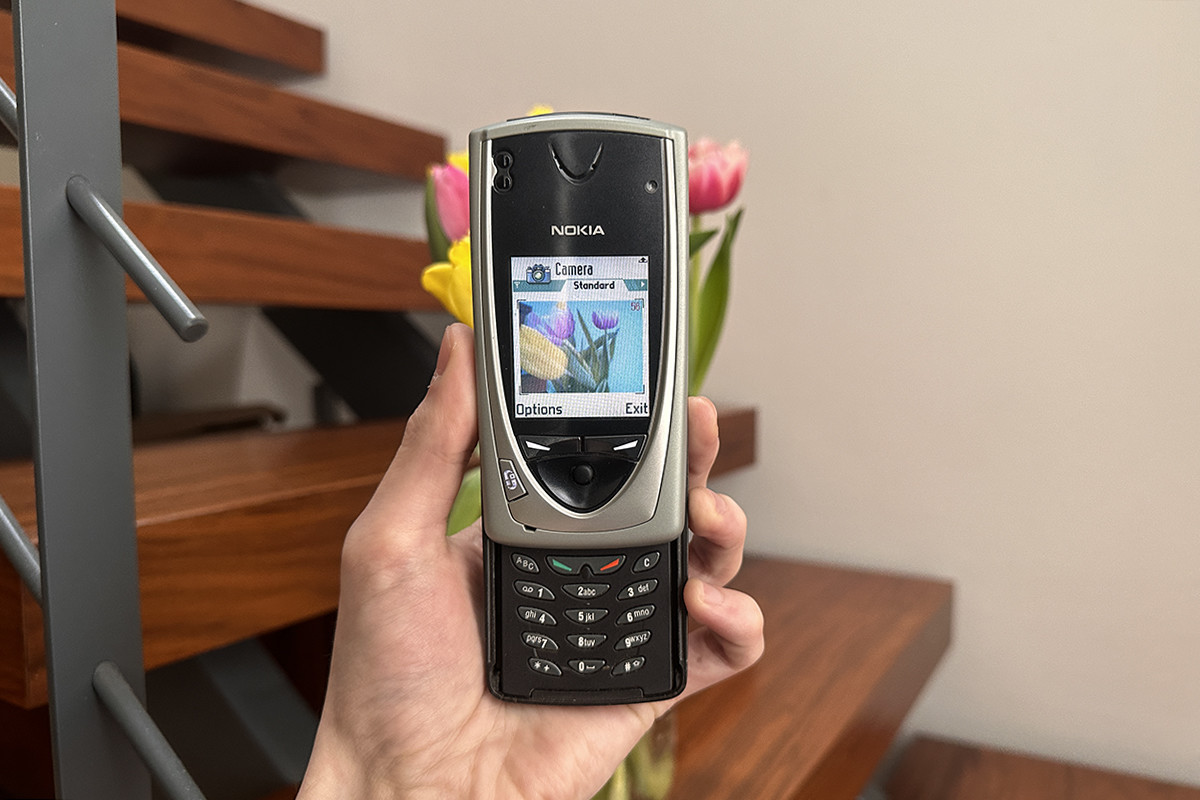Candy, fruit, and other sweet flavors for electronic cigarettes will be allowed to be sold for a longer period of time. Manufacturers now have until January 1, 2024, to replace all their offerings with tobacco flavors, according to State Secretary Maarten van Ooijen. This decision comes after the cabinet’s desire to eliminate e-cigarettes with exotic flavors. Initially, producers were given until October 1, 2023, to comply with the taste ban. However, new advice from the National Institute for Public Health and the Environment (RIVM) has prompted Van Ooijen to extend the deadline by an additional three months. The ban will now take effect on January 1, 2024.
During this extended period, the existing stock of flavored e-cigarettes can still be sold. After that, the Dutch Food and Consumer Product Safety Authority (NVWA) will enforce the ban. The reason for the postponement is a new RIVM report that reveals the need for manufacturers to make significant adjustments. Van Ooijen expressed his desire to eliminate candy and cake flavors as soon as possible, as they are clearly intended to attract young people to e-smoking.
The RIVM’s previous research has shown that e-cigarettes become less attractive when they are only available in tobacco flavor. However, there are also health risks associated with a ban on sweet flavors. Exotic-flavored vapes often serve as an alternative for traditional smokers who want to quit using regular cigarettes. The question now arises as to what this group will do if sweet e-cigarettes are no longer available.
The deadline extension has been met with mixed reactions. While some argue that the ban should be implemented immediately to protect young people from the allure of sweet flavors, others believe that the impact on manufacturers should be taken into consideration. Van Ooijen acknowledges the challenges faced by producers but emphasizes that the ultimate goal of banning attractive flavors is quickly approaching. In six months, all sweet flavors will be definitively banned.
As the deadline approaches, discussions surrounding the ban on flavored e-cigarettes are expected to continue. The government aims to strike a balance between protecting public health and supporting the needs of smokers who are trying to quit.
How is the government planning to strike a balance between protecting public health and supporting smokers in their efforts to quit through the ban on flavored e-cigarettes
Candy, fruit, and other sweet flavors for electronic cigarettes will have a longer lifespan on the market. State Secretary Maarten van Ooijen has announced that manufacturers now have until January 1, 2024, to replace their offerings with tobacco flavors. This decision was made in response to the government’s desire to eliminate e-cigarettes with exotic flavors. Initially, producers were given until October 1, 2023, to comply with the taste ban, but new advice from the National Institute for Public Health and the Environment (RIVM) has prompted an extension of the deadline by three months. The ban will now take effect on January 1, 2024.
During this extended period, manufacturers can continue selling their existing stock of flavored e-cigarettes. Afterward, the Dutch Food and Consumer Product Safety Authority (NVWA) will enforce the ban. The reason for the postponement is a new RIVM report that emphasizes the need for significant adjustments by manufacturers. Van Ooijen has expressed his urgency to eliminate candy and cake flavors as they clearly target young people and attract them to vaping.
Previous research by the RIVM has shown that e-cigarettes lose their appeal when they are only available in tobacco flavor. However, health risks come into play with the ban on sweet flavors. Exotic-flavored vapes often serve as an alternative for smokers who want to quit using regular cigarettes. Now, the question arises as to what options this group would have if sweet e-cigarettes were no longer available.
The deadline extension has sparked mixed reactions. Some argue for an immediate ban to protect young people from the allure of sweet flavors, while others believe that the impact on manufacturers should be considered. Van Ooijen acknowledges the challenges faced by producers but emphasizes that the ban on attractive flavors is approaching. In six months, all sweet flavors will be definitively banned.
As the deadline draws nearer, discussions surrounding the ban on flavored e-cigarettes are expected to continue. The government aims to strike a balance between protecting public health and supporting smokers who are attempting to quit.


I believe extending the timeline for banning candy, fruit, and sweet flavors in e-cigarettes until 2024 is a disappointing decision. While it may give the industry more time to adapt, protecting the health of the younger generation by enforcing the ban earlier should be a priority.